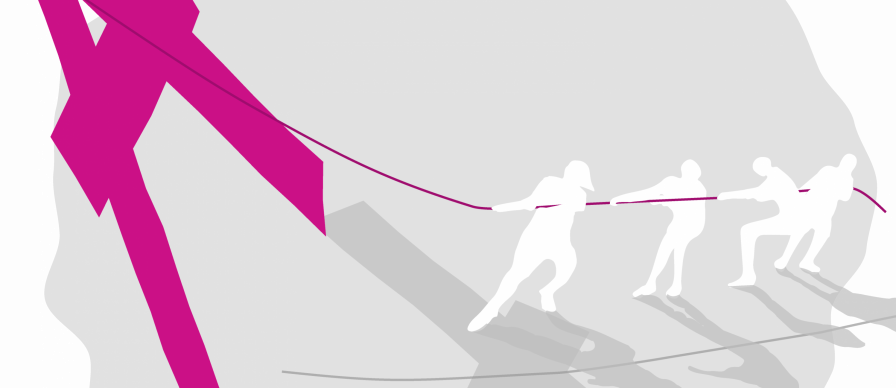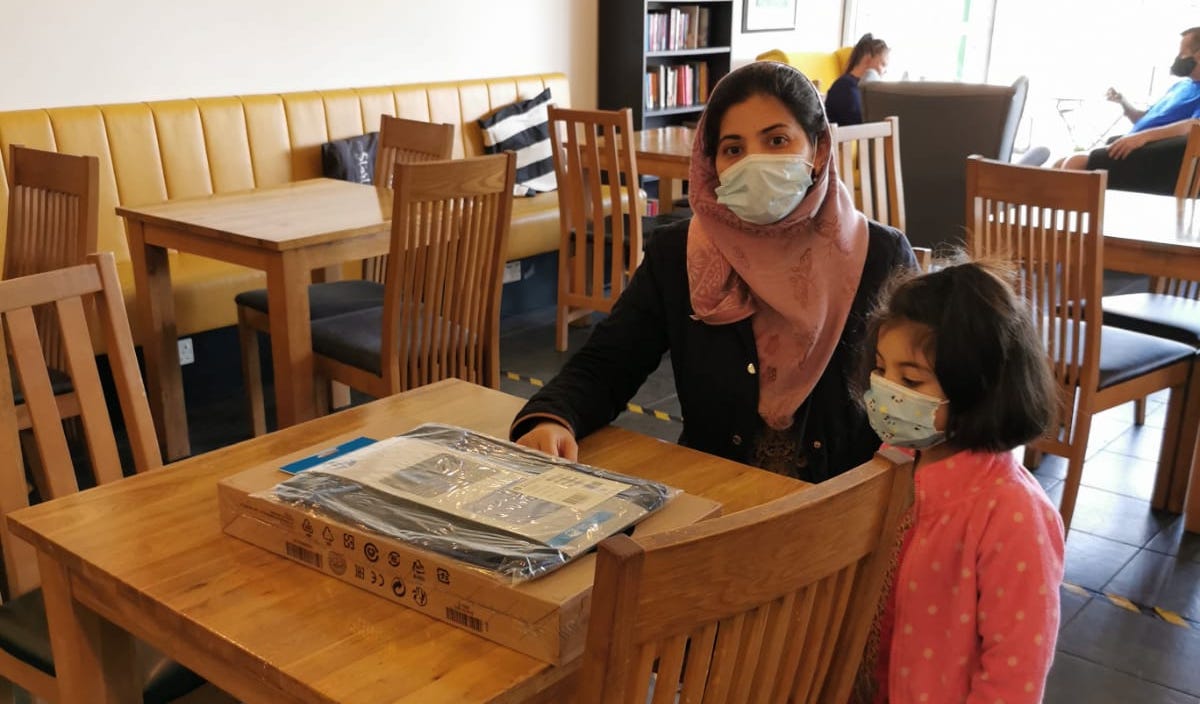Have you ever seen this text of doom? Some of you won’t have experienced such a thing, but others will have shared that feeling of scrambling to find out what the date is and how many more days you have until your new allowance is granted. It’s bad enough when you just want to WhatsApp your mates at the bus stop or check out the latest Christmas ad on social media; but what happens when you are searching for jobs, homeschooling your kids or trying to order a prescription?
Published 4th December 2020
Control + Shift – The privilege of browsing
"O2: You've used 80% of your inclusive data. We'll let you know when it's all gone so you can top up. And remember, you can save data with O2 Wifi."
At the beginning of lockdown, lots of people needed support to get their kids on home learning apps like Seesaw and SPAG.com. Some said they couldn’t afford the hike in prices, with up to £40 top ups each week to stay online in some cases. Others just wanted advice on where they could access free WiFi, like libraries, and if these were still open.
We have always been aware of the struggle that some people have to get online. Not all smart phones are particularly smart and confidence sometimes plays a bigger part than skills and aptitude. This said, up until the beginning of this year most of us thought this was about affordability of equipment and the opportunity to learn new skills. Who had heard the term “data poverty?”. Surely you either have access to the internet or you don’t and there is no poverty premium attached. Just like many other services those in the poorest of homes in our country are paying more; gas, electric and of course cashpoint terminals that charge £2 to withdraw cash from ATMs on deprived highstreets where banks have disappeared – internet access is the same; those on 30 day data tariffs, and Pay as You Go are simply paying far more than those who can access longer term contracts.
When we started to ask wider questions about how many people were struggling to get online, we had lots of people tell us not to fret. They suggested everything was alright because cheap contracts had had their maximum data limits lifted, but as we started to dig we knew this was only a sticky plaster for the real issue. The uncapped data was a temporary fix for those who had a contract in place but what about the millions of people on Pay As You Go, unable to secure a contract phone due to poor credit, lack of a bank account or insecure accommodation? What is happening to these people? Why are they paying more?
- 7 million people did not have home internet access in 2019
- 23% of 5-15 year olds in the poorest households do not have access to both an educationally ideal device and broadband
- At least 1 in 5 adults who are offline said cost was a barrier
Put bluntly, digital exclusion means exclusion from the life most of us experience, especially in a lockdown. No access to shopping online, news, schooling, job searching and conversations.
Last month, we saw Vodafone offer incentives responding to the pandemic. One sees schools able to access free data for their pupils who need it the most, and another sees discounted tariffs for those out of work because of COVID-19. Both are very welcome moves from the telecoms industry, but as organisers, we look at the root causes of social injustice. The fact that those with financial privilege pay less is an injustice and it isn’t enough for us to settle for 6 month offers of support from one company. Now is the time to value access to the internet just as we do water, gas and electricity. People who do have access to cost effective packages need to come together to influence telecoms to support those who need it the most. Ideas such as pooling and sharing of data limits, encouraging more people to access contract packages by removing credit checks and rolling out fast and cost effective coverage across the country are some initial solutions to this. So now is the time to get our phone on charge, use our collective voices and work to shift and share power.
#OperationWifi is campaigning for data for everyone. Join our movement here and sign up as an Alliance Member in support of the campaign: The #OperationWiFi website



